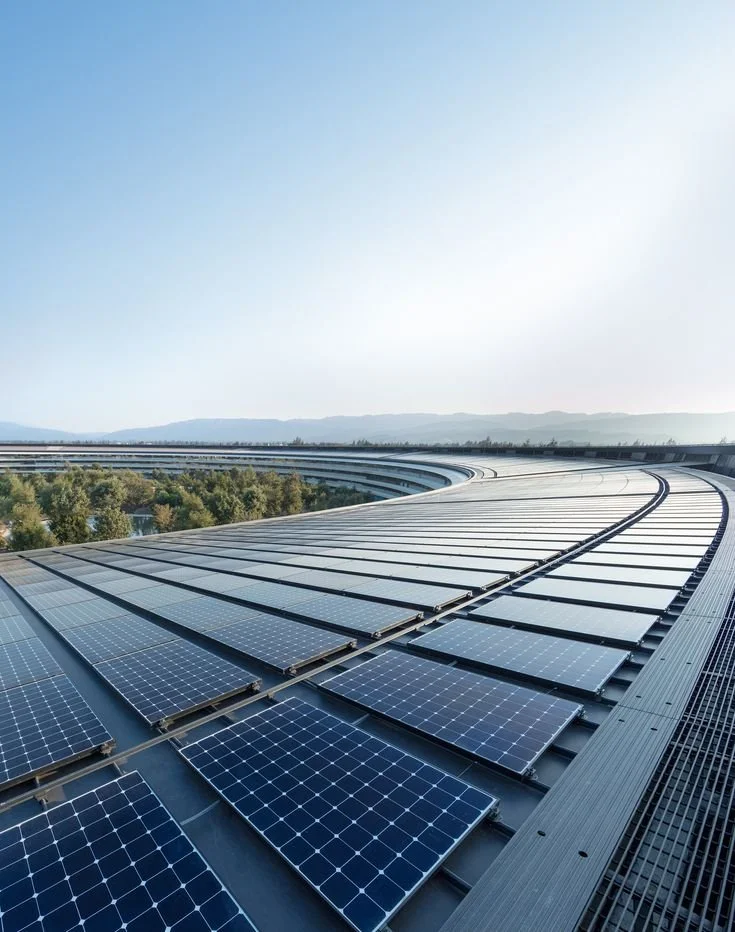Maximize Efficiency And Profits With Advanced Industrial Machinery
Efficiency and profitability are at the heart of every successful business. For manufacturers, the pressure to produce more with fewer resources is constant. This is where advanced industrial machinery plays a crucial role in enhancing productivity and efficiency across various sectors. By utilizing cutting-edge technology, businesses can streamline their processes and improve overall output.
Efficiency and profitability are undeniably at the very heart of every successful business operation. For manufacturers in particular, the relentless pressure to produce more while utilizing fewer resources is a constant challenge that they must navigate.
This is precisely where the role of advanced industrial machinery becomes crucial and invaluable. By leveraging innovative technologies and sophisticated equipment, businesses can optimize their production processes, enhance their output, and ultimately improve their bottom line.
Today’s equipment is smarter, faster, and more reliable than ever. It enables manufacturers to streamline their processes and maximize output. But the benefits go beyond speed. Modern machinery can also help reduce costs, improve product quality, and minimize downtime.
In this article, we explore how advanced industrial machinery can transform your operations, helping you stay competitive in an ever-changing market while driving profits. Discover how the right equipment can make all the difference.
No. 1
The Role of Advanced Machinery in Modern Manufacturing
Modern industrial machinery is a game-changer. It allows businesses to produce more in less time, reducing labor costs and human error. Integrating automation, robotics, and smart technologies has transformed how factories operate.
Here are a few key benefits that advanced machinery brings to the table.
Increased Production Speed: Machines can work faster and longer than human labor, leading to higher output.
Enhanced Accuracy: Precise machinery reduces waste and ensures products are made to exact specifications.
Reduced Downtime: Modern equipment is designed for durability and efficiency, minimizing interruptions in production.
Lower Operational Costs: While the upfront investment may be high, advanced machinery often pays for itself through reduced labor costs and increased productivity.
The use of such machinery is essential for staying competitive. Without it, companies may struggle to meet growing demand or risk falling behind in quality.
No. 2
Choosing the Right Machinery for Your Business
Upgrading to advanced industrial machinery is not just about buying the most expensive equipment. It's about choosing the right machines that match your production needs.
Here are several factors that come into play when making this decision:
Industry-specific Needs: Certain machines are designed for specific industries, such as automotive, food processing, or textiles. Ensure the machinery aligns with your sector’s needs.
Temporary Lighting Systems in Construction: Proper lighting is crucial for construction sites, especially when working during nighttime or in low-visibility conditions. Temporary lighting systems provide a flexible and reliable way to keep the job site well-lit, improving safety and productivity. These systems, often used alongside other construction equipment, are designed to withstand rough environments, ensuring they remain functional even under harsh weather. By using portable lighting solutions, workers can operate more efficiently, reducing the risk of accidents and delays on the project.
Scale of Production: Small-scale production may not require high-capacity machinery. However, investing in heavy-duty machines can significantly improve larger operations.
Energy Efficiency: Consider machinery that uses less energy, as this can reduce your overall operational costs in the long term.
No. 3
Improving Efficiency with Automation
Automation is a crucial part of modern industrial machinery. It eliminates the need for human intervention in repetitive tasks and ensures that operations run smoothly. Many industries have already embraced automation to streamline their processes.
Here’s how automation improves efficiency:
Consistency: Automated machines perform tasks the same way every time, ensuring uniform quality.
24/7 Operation: Automation allows machines to run around the clock without fatigue, unlike human workers.
Error Reduction: Automation reduces human error, which can lead to fewer defective products and less waste.
Cost Savings: With fewer workers needed for repetitive tasks, businesses can save on labor costs.
Integrating automation into your operations frees up your workforce to focus on more complex tasks requiring human expertise. This boosts overall efficiency and enhances the quality of the final product.
No. 4
How Advanced Machinery Impacts Profits
One of the most significant benefits of advanced machinery is the direct impact on profitability. Companies that invest in modern equipment often see a return on investment (ROI) through various means.
Higher Output: With faster production speeds and less downtime, you can produce more goods in a shorter period, meeting market demands more effectively.
Lower labor costs: Automation and advanced machinery reduce the need for a large workforce, cutting labor costs without compromising productivity.
Improved quality: Machines built for precision can reduce waste, lower the number of defective products, and ensure customer satisfaction, which translates into fewer returns or refunds.
Energy efficiency: Newer machines are often designed to be more energy-efficient, reducing utility costs and contributing to a sustainable production process.
By improving production efficiency, businesses can deliver products to market faster and at a lower cost, boosting profits.
No. 5
Maintenance and Upkeep of Industrial Machinery
Even the best machinery requires regular maintenance to keep it running at its peak. Ignoring maintenance can lead to breakdowns and costly repairs. Proper maintenance not only extends the life of the equipment but also prevents unplanned downtime.
To maximize efficiency and longevity, consider the following maintenance tips.
Scheduled Inspections: Regularly scheduled inspections help identify potential problems before they become serious issues.
Routine Cleaning: Dust and debris can accumulate on machinery, impacting performance. Keeping machines clean ensures they run efficiently.
Lubrication and Calibration: Proper lubrication of moving parts and regular calibration can prevent wear and tear, ensuring precision in production.
Training for Operators: Proper training ensures that operators handle the machinery correctly, reducing the chances of misuse or damage.
Preventative maintenance is a small investment compared to the costs of repairing or replacing machines.
Takeaways
Advanced industrial machinery is necessary for any business looking to improve efficiency and increase profits. Companies can deliver better products faster and at lower costs by automating processes, reducing downtime, and enhancing precision. The right machinery, proper maintenance, and trusted components can set your business on the path to long-term success. Choosing the right partners and technology today will lead to sustainable growth tomorrow.
Looking for Business Resources?
Are you seeking ways to elevate your business to new heights? Dive into the array of resources provided by our esteemed business partners designed to empower your ventures.






























